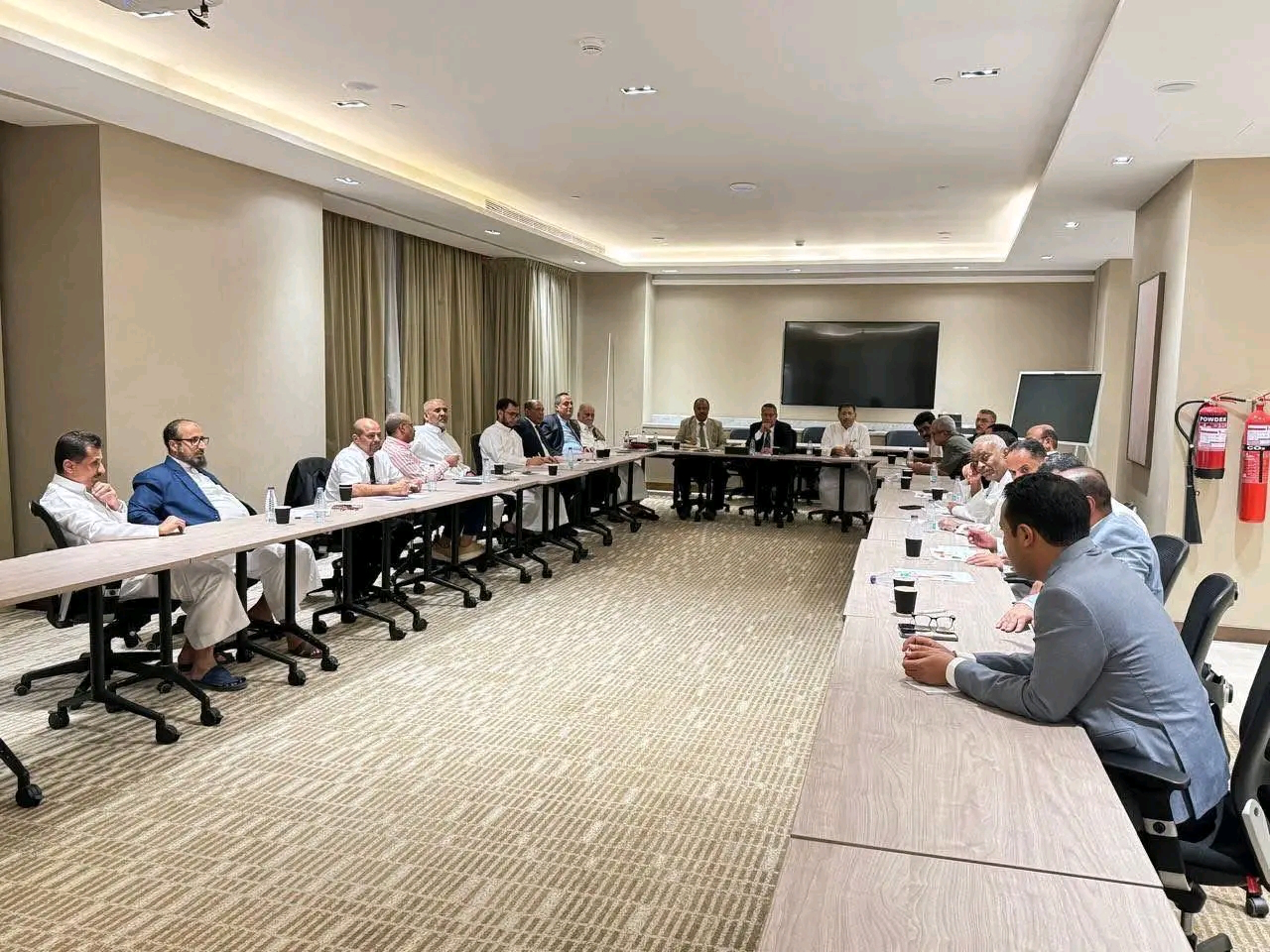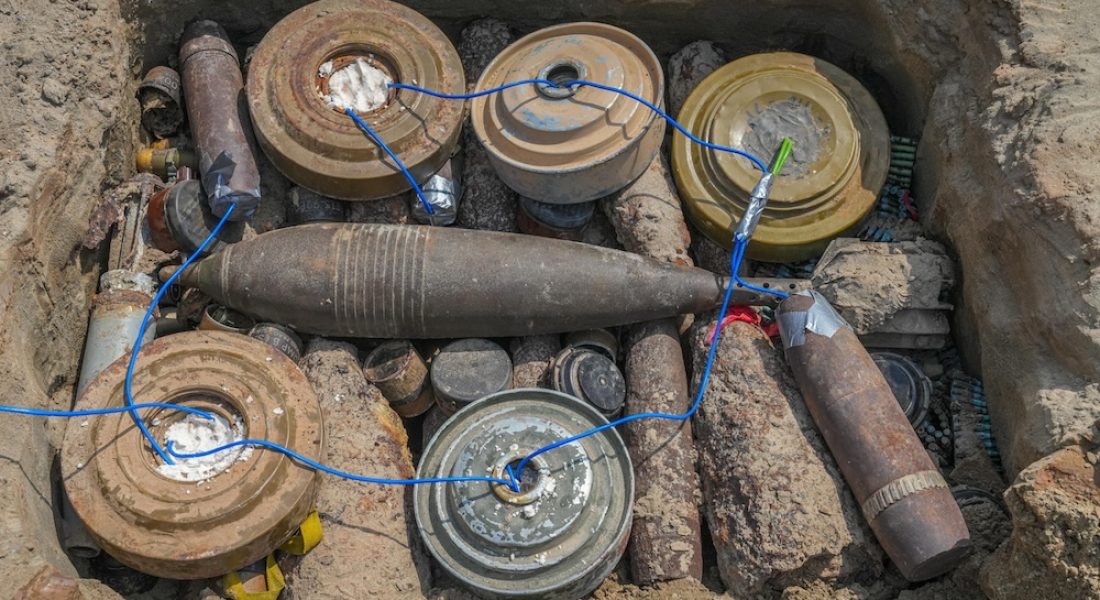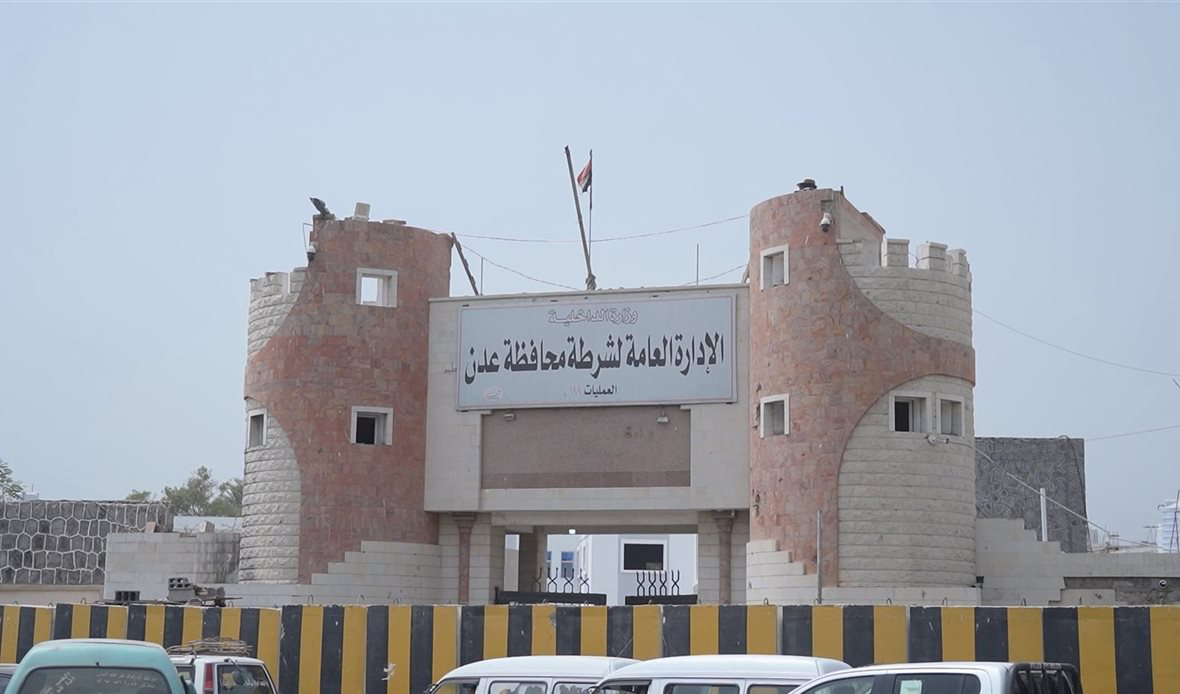Barran Press
Taiz, Yemen - On Tuesday, August 27th, Yemen's Presidential Leadership Council (PLC) Head, Rashad Al-Alimi, issued a six-month ultimatum to the local authorities in Taiz, a southwestern province, to rectify their performance and strengthen the presence of state institutions.
During a meeting with local leaders, political and civil society figures, women's groups, and youth representatives at Taiz University, Al-Alimi emphasized the historical significance of Taiz, highlighting its role in defending Sana'a in the north and serving as a vital supply line for the liberation of the south. He lauded the province's resilience in the face of the "Houthi project," which he described as a threat to the republic, freedom, dignity, justice, and equality.
Al-Alimi acknowledged the challenges faced by Taiz residents, particularly in terms of electricity, water, and essential services. He emphasized that lasting solutions require a return to normalcy, with a liberated, stable Yemen actively participating in regional and international organizations.
He also underscored the importance of Taiz's continued resistance against the Houthis, emphasizing that the province's people will not be swayed by false promises or distractions from the suffering of those under Houthi control.
Al-Alimi highlighted the PLC and government's efforts to engage the Houthis in peace talks but expressed disappointment at the lack of progress due to the Houthis' focus on war and destruction. He pledged to prioritize supporting Taiz's resilience, alleviating its residents' suffering, creating job opportunities, improving services, developing education, fostering local resources, and supporting families of martyrs and wounded soldiers.
As a symbolic gesture of support, Al-Alimi laid the foundation stone for a martyrs' memorial in Taiz, commemorating the sacrifices of the province's residents and all those who died for the republic. He also inaugurated over 260 vital projects funded by Saudi Arabia and the local authorities, covering various sectors.
Al-Alimi acknowledged the limitations imposed by Houthi attacks on Yemen's oil infrastructure, which have significantly reduced state revenue. He attributed the ongoing projects to Saudi support, including medical colleges, a cancer center, a power plant, a strategic road, a teaching hospital, and a dental college. He also mentioned projects being implemented by the United Arab Emirates in the province's western coastal districts.
Al-Alimi promised to address the concerns of wounded soldiers through comprehensive solutions befitting their sacrifices. He also instructed the removal of armed elements from civilian institutions, including a technical institute and a sports club, and the exploration of renting homes for civilians in conflict zones to ensure their safety and protect their property.
He further highlighted the importance of exploring renewable energy sources, particularly in the health and agricultural sectors, drawing inspiration from the UAE's supported initiatives. He encouraged universities to focus on technical and specialized fields, including artificial intelligence and communication and information systems.
Al-Alimi concluded by calling for greater unity and collaboration among political and civil society forces, emphasizing that the fight against the Houthis should be a shared priority. He expressed confidence in Taiz's resilience and urged its residents to rise above petty squabbles and embrace unity, quoting the Quranic verse: "And do not dispute, lest you weaken and your power departs."
The visit marked Al-Alimi's first trip to Taiz since assuming his position in 2022. His arrival was met with widespread public welcome. The visit aims to assess the province's security, economic, and living conditions under the ongoing siege and after a decade of war. It is also expected to include the inauguration of a diesel-powered power plant, funded by the Saudi Program for the Reconstruction and Development of Yemen.





